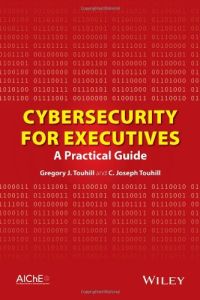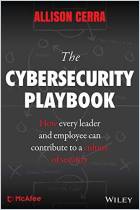Join getAbstract to access the summary!

Join getAbstract to access the summary!
Gregory J. Touhill and C. Joseph Touhill
Cybersecurity for Executives
A Practical Guide
Wiley, 2014
What's inside?
Keep your data safe in the face of intensifying cybersecurity risks.
Recommendation
Today’s executives must become adept at managing cybersecurity risk. You don’t need to learn the latest software patches or the intricacies of Estonian hack attacks. However, tech experts Gregory J. Touhill and C. Joseph Touhill say you do need to be aware of ever-evolving cybercrime, and know which questions to ask and how to manage a cybersecurity staff. The authors smoothly translate technical material for laypeople, including anecdotes and easy-to-digest checklists. Their practical guide offers step-by-step instructions for everything from managing passwords to dealing with a cybersecurity crisis in case you get hacked. getAbstract recommends this guide to any CEO, CIO, manager, entrepreneur or self-employed professional who needs to understand this constant danger.
Summary
About the Authors
Cybersecurity and information technology consultant Gregory J. Touhill is an adjunct professor at Washington University in St. Louis. C. Joseph Touhill is a corporate CEO and board member.
























Comment on this summary